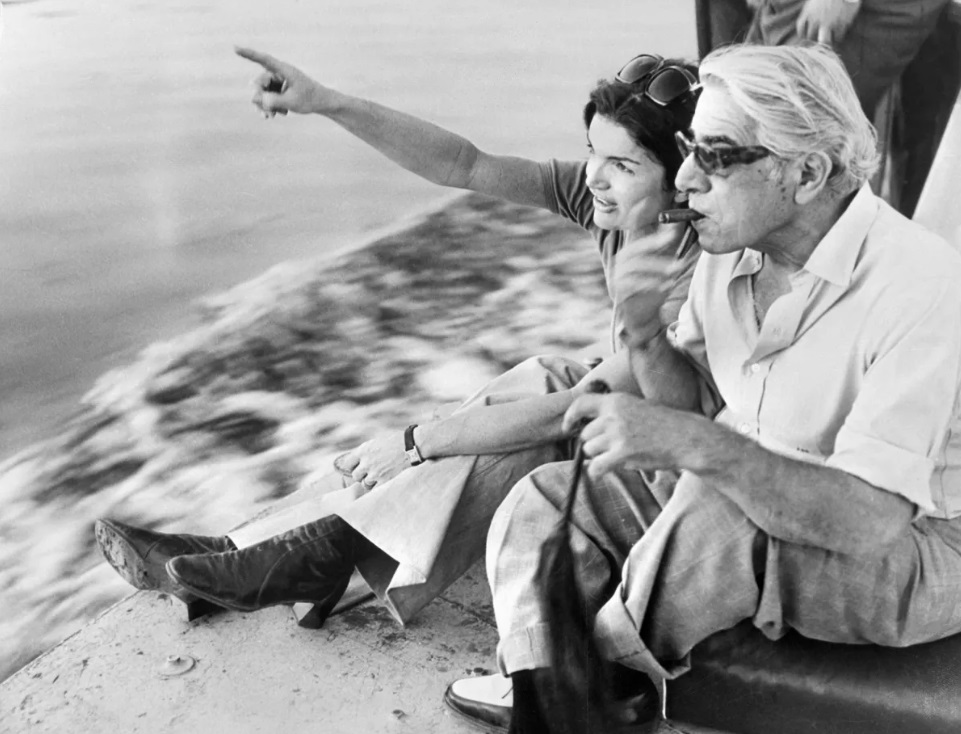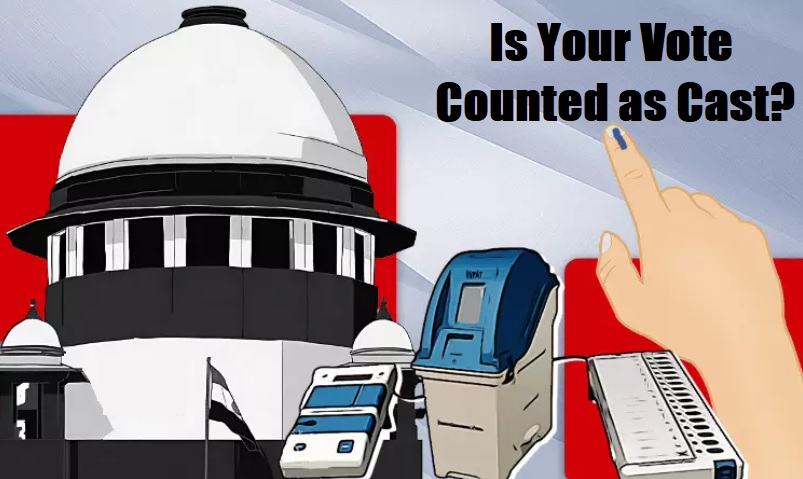Ayn Rand, a towering figure in the realm of gospel and literature, was a loyal advocate of individualism and laissez- faire capitalism. Born in Russia in 1905, she endured firsthand the horrors of collectivism during the Bolshevik Revolution, which profoundly influenced her worldview. Rand immigrated to the United States in 1926, where she embarked on a writing career that would cement her heritage as one of the most controversial yet influential thinkers of the 20th century.
Rand’s personal philosophy, Objectivism, emphasizes rational self-interest, individual rights, and the pursuit of one’s own happiness as the highest moral purpose. Her novels serve as vehicles for expressing these ideas through compelling narratives and memorable characters, many of whom are drawn from her own experiences and struggles.

Prelude to “Atlas Shrugged:
“Atlas Shrugged,” published in 1957, stands as Rand’s magnum opus, recapitulating the essence of her philosophy in a sprawling epic of ideas and characters. Rand herself regarded it as her greatest achievement, a monumental work that crystallized her worldview and served as a clarion call for individualism in an increasingly collectivist world.
Theme, Characters, and Story:
Set in a dystopian future where government intervention and collectivist ideology have brought society to the brink of collapse, “Atlas Shrugged” unfolds as a gripping saga of innovation, rebellion, and redemption. At its heart lies the enigmatic figure of John Galt, a brilliant inventor who leads a mass exodus of the world’s most productive individuals in protest against the oppressive regime.
Central to the narrative is Dagny Taggart, a fiercely independent railroad executive determined to save her struggling company from ruin. As she navigates a landscape rife with corruption and incompetence, Dagny encounters a cast of characters who embody Rand’s ideals of rational self-interest and uncompromising individualism.
Among them is Howard Roark, the iconic protagonist of Rand’s earlier novel “The Fountainhead,” whose unwavering commitment to his own creative vision serves as a guiding light for Dagny and others who refuse to succumb to societal pressures. Despite facing relentless opposition and persecution, Roark remains steadfast in his refusal to compromise his principles, inspiring admiration and awe in those around him.
Throughout the novel, Rand intersperses philosophical monologues and dialogues that serve to elucidate her ideas on morality, capitalism, and the nature of man. These passages, often delivered by characters such as Galt and Francisco d’Anconia, are imbued with a sense of urgency and conviction that underscores the gravity of the novel’s themes.
“Atlas Shrugged” continues to resonate with contemporary audiences, offering a prescient critique of government overreach, collectivist ideology, and the erosion of individual freedoms. In an age marked by increasing polarization and ideological extremism, Rand’s defense of reason, self-interest, and personal autonomy remains as relevant as ever, serving as a rallying cry for those who refuse to be subjugated by the demands of the collective.
Conclusion:
In the climactic moments of “Atlas Shrugged,” as the world teeters on the brink of collapse and society stands on the precipice of oblivion, John Galt delivers a stirring speech that encircles the essence of Rand’s philosophy:
“I swear by my life and my love of it that I will never live for the sake of another man, nor ask another man to live for mine.”
With these words, Galt reaffirms the sanctity of the individual and the primacy of self-interest as the ultimate moral imperative. In a world fraught with uncertainty and upheaval, “Atlas Shrugged” stands as a beacon of hope and a testament to the enduring power of the human spirit.
————————————————————————————-
Some of the best lines that you would always like to remember after finishing this novel are mentioned below:
- Do not let your fire go out, spark by irreplaceable spark, in the hopeless swamps of the not-quite, the not-yet, and the not-at-all. Do not let the hero in your soul perish in lonely frustration for the life you deserved and have never been able to reach. The world you desire can be won. It exists.. it is real.. it is possible.. it’s yours.
- I swear by my life and my love of it that I will never live for the sake of another man, nor ask another man to live for mine.
- Contradictions do not exist. Whenever you think you are facing a contradiction, check your premises. You will find that one of them is wrong.
- The question isn’t who is going to let me; it’s who is going to stop me.
- The man who produces while others dispose of his product is a slave.
- There are two sides to every issue: one side is right and the other is wrong, but the middle is always evil.
- Money is the barometer of a society’s virtue.
- Man is the only living species that has the power to act as his own destroyer—and that is the way he has acted through most of his history.
- I started my life with a single absolute: that the world was mine to shape in the image of my highest values and never to be given up to a lesser standard, no matter how long or hard the struggle.
- There is no such thing as a lousy job—only lousy men who don’t care to do it.
- Civilization is the process of setting man free from men.
- The ladder of success is best climbed by stepping on the rungs of opportunity.”
These quotes shows the essence of Ayn Rand’s philosophy as expressed in “Atlas Shrugged,” offering profound insights into the nature of individualism, morality, and the pursuit of happiness.
—————————————-
Monologues – There are many monologues in this novel but few of them are attention grabbing. The one I liked the most is mentioned below. I do hope that you will also love it and appreciate the writing skill of Ayn Rand and her power to portray the things, the way she wanted to:
This monologue, one of the most iconic monologues from “Atlas Shrugged” is John Galt’s speech, delivered towards the climax of the novel. This speech shed some light on Ayn Rand’s philosophy of Objectivism and serves as a powerful manifesto for individualism and rational self-interest. Here is an excerpt from John Galt’s monologue:
“You who have cried that you’re weary of self-sacrifice—of serving others—of sharing, of feeding those who don’t work, of selling your soul to fools—”
“Have you ever asked what is the root of money? Money is a tool of exchange, which can’t exist unless there are goods produced and men able to produce them. Money is the material shape of the principle that men who wish to deal with one another must deal by trade and give value for value. Money is not the tool of the moochers, who claim your product by tears, or of the looters, who take it from you by force. Money is made possible only by the men who produce. Is this what you consider evil?”
“When you accept money in payment for your effort, you do so only on the conviction that you will exchange it for the product of the effort of others. It is not the moochers or the looters who give value to money. Not an ocean of tears not all the guns in the world can transform those pieces of paper in your wallet into the bread you will need to survive tomorrow. Those pieces of paper, which should have been gold, are a token of honor—your claim upon the energy of the men who produce. Your wallet is your statement of hope that somewhere in the world around you there are men who will not default on that moral principle which is the root of money.”
“Is this what you consider evil? Have you ever looked for the root of production? Take a look at an electric generator and dare tell yourself that it was created by the muscular effort of unthinking brutes. Try to grow a seed of wheat without the knowledge left to you by men who had to discover it for the first time. Try to obtain your food by means of nothing but physical motions—and you’ll learn that man’s mind is the root of all the goods produced and of all the wealth that has ever existed on earth.”
—————————–
Happy reading. . .




